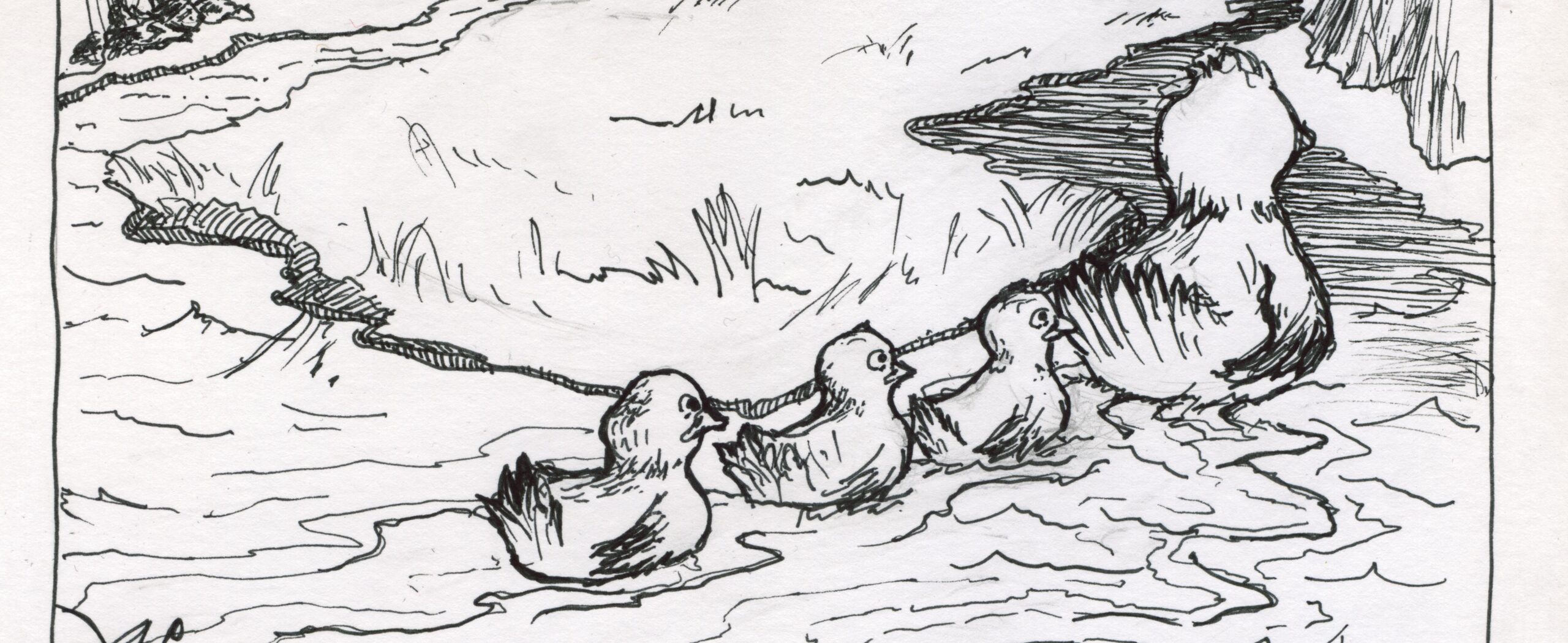The Talon staff share their opinion on captainship and the responsibility that leadership entails
The disappointment of an underclassmen looking up to a teammate who was drinking at a party. The change in the team’s attitude once a teammate gives up. The downfall of the team when a player starts gossiping about teammates. Many times these scenarios are seen in the hallways of high school as normal, but when these behaviors are coming from a leader or captain, it can change the team and future teams for the worse.
Captainship can be desirable because of the title, power and positive attention that comes along with it, but the responsibility of this privilege isn’t always understood until one is in this role.
“[Captains] are to be respected because they are the facilitator between their peer group and their coach,” said athletic director Homar Ramirez. “A good coach uses the captain to help foster that camaraderie that you have to have to be successful as a team… The captain is going to have a better pulse of what’s going on with the students than any coach will ever have.”
Former softball captain Nessie Toye (’12) looks back on her experience and believes that she strived to be that enabler.
“I believe I showed my leadership as a captain by making sure everyone on my team knew I was an outlet for them to go to whenever they need it, on or off the field,” said Toye.
The responsibilities of captainship doesn’t change the role of being a peer.
“The captain is a teammate,” said Ramirez. “[They] are not necessarily part of the coaching staff. The captain is more a mouthpiece at times and an example.”
To be an example, a captain needs to have certain qualities to make them a leader.
“One of the primary characteristics we are looking for is someone who has the respect of their peers and you earn their respect by working hard, being selfless and having a higher acumen for the game or event you are apart of,” said Ramirez.
Senior hockey captain Luke Erickson explains the similar qualities he thinks makes a captain.
“[A leader] is someone who speaks up when needed,” said Erickson, “to prove your point and to make your team listen, [but] if you are too vocal everyday your voice isn’t heard as well when it needs to be heard.”
Being vocal is important to captainship.
“I look for someone who is willing to serve his or her teammates,” said varsity boys’ soccer coach Ben Linder. “…I want a captain who will encourage the team but not be afraid to challenge them when needed.”
Christian Zimmerman, the girls’ cross country coach, agrees with Linder.
“A good leader is someone who serves the people underneath them and sets an example of what servanthood is,” said Zimmerman.
An anonymous student (let’s call him Brandon) also believes a captain should be someone who is a good example on the team.
“A leader is someone who people can look up to and learn from,” said Brandon. “Someone who can stand up and take control in tough situations and encourage others.”
Hard work and passion are qualities in a captain, but being the best athlete isn’t necessary.
“Sometimes we get confused and think a leader is the best player or the best performer, but that’s not what we are looking for,” said Ramirez.
Erickson has experienced this first hand.
“There have been captains in the past I have looked up to due to their playing style but not their leadership styles,” said Erickson. “They can be very selfish. One thing that all coaches need to learn is that the best players on the team should not always be the captains because sometimes they are the worse leaders.”
Ramirez shares an important lesson some of these ill-prepared captains have had to learn the hard way.
“A wise lady once told me trust and respect take a lifetime to earn, but just take a second to lose,” said Ramirez.
When a captain is looked at as popular rather than as a leader, it is hard to balance being cool and not disappointing the team.
“A person’s image is characterized by the signals they give to others,” said another anonymous student.
Brandon is beginning to learn from his mistakes.
“[Being a leader] affects my choices,” said Brandon. “[When you go to parties] you feel like [crap] and that you let the team down. The most important thing to me is, as a captain, if you make a mistake, you hope that people can learn from your mistake by not repeating what you did, whether it’s on the field or off the field. Even though it’s hard to do, doing your best to earn your team’s trust and respect back for you [is what a captain has to do].”
Former basketball captain, Andrew Graham (’12), reflects on a party his senior year.
“[As a leader]you have to assume the responsibilities that come with that title,” said Graham. “I regret the incident that happened for several reasons. First, my job as captain was to set an example. Part of that example means I have to live up to the expectations set by the school…. When you’re captain you have to separate yourself through your actions. [It doesn’t matter if] others are doing it, you have a responsibility to the program.”
We, at the Talon, believe captainship is about setting an example. Captainship is not about being perfect, but being able to admit your mistake. Captainship is about having the maturity to change your actions and realize what you do impacts many and will carry on in years to come. Being a captain is about knowing your role on the team, knowing you’re a leader and most importantly knowing that the team is always looking up to you for guidance.

